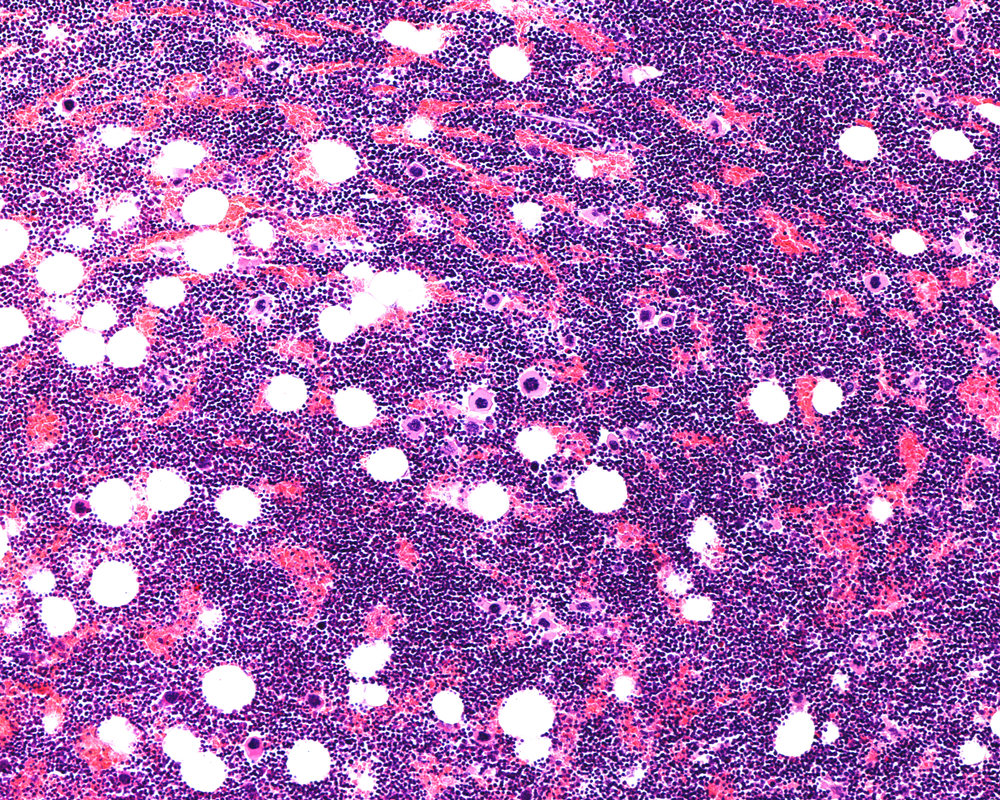
Chronic Inflammatory Systemic Diseases (CID) are long-lasting conditions that cause inflammation in the body. Some examples include Rheumatoid Arthritis, Inflammatory Bowel Disease, and Systemic Lupus Erythematosus. These diseases can be difficult to treat with traditional medications, and some patients may not see any improvement. That’s why scientists are exploring stem cell therapy as a new way to help people with CID.
Stem cells have the ability to heal damaged tissue and reduce inflammation. However, we still don’t know exactly how stem cells work in the body, and we need to identify the markers that show if the treatment is working. This will help assess the success of stem cell therapy and monitor any side effects.
A study, Research progress of the application of mesenchymal stem cells in chronic inflammatory systemic diseases, looked into how stem cell therapy can be used to treat a variety of inflammatory diseases. The review focuses on the progress of stem cell therapy in treating Rheumatoid Arthritis, Systemic Lupus Erythematosus, and Inflammatory Bowel Disease.
Results of the Review
The review looked at a number of clinical trials for various conditions.
Rheumatoid Arthritis
Living with rheumatoid arthritis (RA) can be a painful experience, as this chronic autoimmune disease is characterized by swelling and inflammation of the joints. Fortunately, there are treatments available that can help lessen symptoms and potentially lead to remission.
Stem cell therapy using mesenchymal stem cells (MSC) combined with interferon gamma (IFN-γ) has proven to be an effective treatment option, with one study showing 93.3% of patients experiencing relief within three months. Even up to five years later, a follow-up found that 34% of patients had achieved full remission and 84% experienced improved survival rates with a low recurrence rate at 24%.
Intravenous MSC transplantation (MSCT) has also made a difference in reducing Disease Activity Score 28 (DAS28), Health Assessment Questionnaire scores (HAQ), platelet count, C-reactive protein levels (CRP), Rheumatoid Factor levels (RF), and prednisone dose. Additionally, it helps increase hemoglobin levels and Treg/Th17 ratio while decreasing antinuclear antibody levels (ANA), cartilage oligomeric matrix protein scores (COMP), tissue inhibitor metalloproteinase-1 scores(TIMP1), matrix metalloproteinase 1 scores(MMP1), and various cytokine concentrations such as IL-1R, MCP-1, IL-6, and TNF-α.
After 3 years of treatment with MSCs there were no adverse effects observed on patients’ liver or kidney function or immunoglobulins level, suggesting long term efficacy in the treatment. With these studies demonstrating efficacy in treating RA symptoms both short term and long term, more people living with RA can have hope for better management of their condition.
Systemic lupus erythematosus (SLE)
Living with SLE is not easy. It disrupts multiple organ functions and can lead to complications like lupus nephritis. But there’s hope! Mesenchymal stem cell therapy (MSCT) shows promise for treating SLE, helping to improve long-term outcomes and quality of life for patients.
Studies have shown that within five years, 84% of patients had survived and 34% achieved remission. Symptoms such as fatigue, joint pain, skin rash and more have been significantly improved through MSCT. Furthermore, the number of Treg cells, Foxp3 and TGF-β increased while Th17 cells, IL-17 and TNF-α decreased in the body.
The pretreatment state could affect how successful your treatment would be; for example if you had higher levels of IFN-γ or lower levels of IL-6 before starting MSCT, then you would receive a better response to treatment. Administration of hBMSC midway through the course can also slow down nephritis and help prevent development of lupus nephritis.

Inflammatory bowel disease (IBD)
IBD, or Inflammatory Bowel Disease, is a chronic condition of the gastrointestinal tract that encompasses conditions like Crohn’s disease and ulcerative colitis. These conditions cause inflammation and remission of symptoms, and can sometimes result in intestinal fistula or stenosis.
In one study, up to 80% of patients treated with MSC achieved full fistula closure after 12 weeks. Over four years later, all treated patients had their fistulas closed as well as no detectable anti-HLA antibodies after 24 weeks. Treatment usually consists of injections directly into the affected tissue, but blood transfusion can also be used. After being treated with MSCT there were decreased levels of PDAI, MSS, PDAI while SIBDQ increased – all indicators of a positive response from therapy. Additionally there was no significant difference between normal tissue and fistula tissue after MSC treatment in terms of IL-8, IL-1β and IL-6 levels.
MSC is a promising treatment for IBD which has already shown great success in treating perianal fistulae with promising indicators for long term relief from symptoms – giving hope to those suffering from this difficult condition.
The research discussed above reveals that MSC therapy can help restore an abnormal immune system balance and reduce inflammation-related factors like TNF-α, IFN-γ, IL-1β, IL-6, IL-8 and ROS levels. Additionally, it increases the number of regulatory cells (e.g., Tregs and Bregs) and angiogenic factors while promoting the release of IDO – a key factor in MSC immunoregulation.
Patients with high levels of IFN-γ prior to MSCT have indicated better results and those with SLE who have higher levels of baseline IFN-γ and lower baseline IL-6 have also been found to respond well to MSCT. Even more promising is that when cytokines like IFN-γ are combined with MSC, this further enhances the effectiveness of treatment for patients affected by CID.

